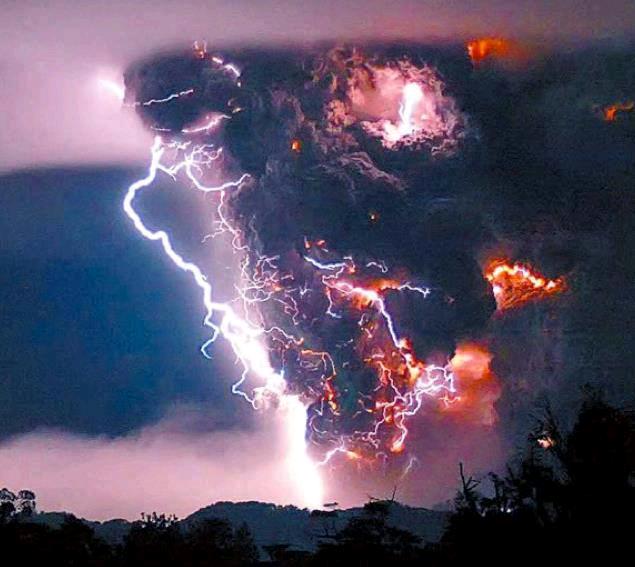Superstitions are a curious anomaly of the human psyche. Though in and of themselves they are powerless; the well-anchored beliefs they attract can and do have an effect and consequence on human behavior.
Superstitions are the beliefs held en masse founded in no viable reason.
They can range from individual to cultural superstitions, but the common factor in all superstitions is fear—fear if you do or do not do this or that then this will or will not occur. All humanity is superstitious to some degree and even some religious and spiritual practices are more superstition than theology.
To understand superstition is to accept it as a displaced belief system. It has become powerful because it has a cumulative effect on those who have chosen to participate. The greater the belief system the more likely the believers will create the actualization of the superstition—thus reinforcing the validity of the belief. Though a negative mental process, it is a great illustration of the power of collective consciousness.
Behaviors and attitudes associated with a superstition have no power.
It is the belief in them that carries the creative catalyst.
Superstition can only become effective when people abdicate their power and allow themselves to become vulnerable to outside forces–which is always a choice and never an inevitability.
Therefore, superstitions fade like the phantoms they are when you stand firm in your dominion in your life—and that’s no superstition.







Leave A Comment